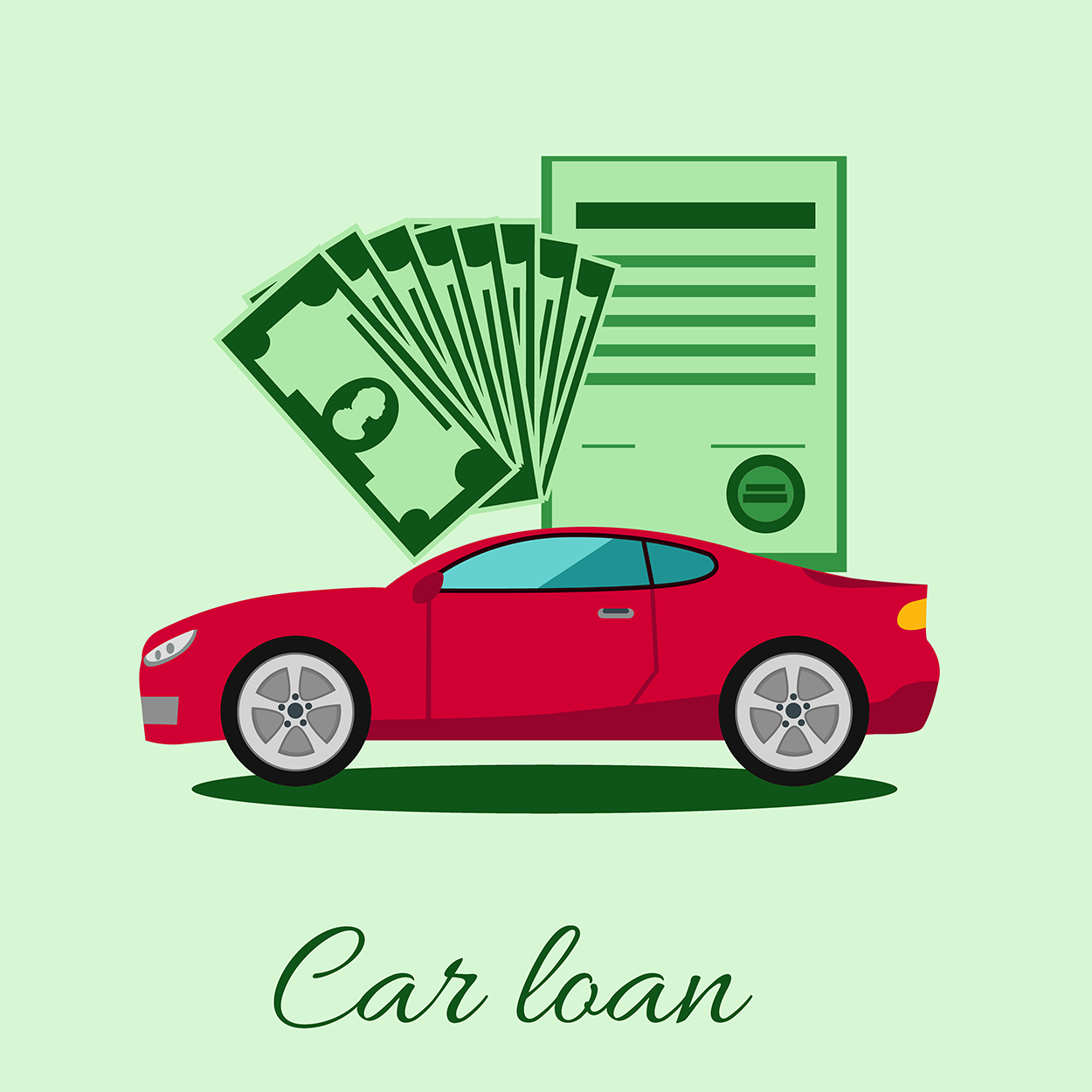All of the significant private and public sector banks offer car loans that are simple to obtain and have low interest rates. Car finance may be confusing for borrowers because there are so many choices. However, if you keep the following six dos and don’ts in mind, you might be able to get the right car loan:
Do’s
1. Obtain your credit report before petitioning for a car loan
Loan interest rates are determined by factors such as the source of income, gender, and credit score. Even if you have a high income but a low credit score, your loan interest rate may be increased. Lenders obtain credit reports on car loan applicants to determine their creditworthiness. “Those with credit/CIBIL scores of more than 750 have a better chance of loan approval.
Many banks also provide lower interest rates to those with better credit. As a result, those planning to obtain car loans should get their credit reports from credit bureaus at least six months before submitting their car loan application, “Gaurav Aggarwal, Director of Paisabazaar.com, stated
2. Understand the interest rates and charges 
The car lending market is diverse and brimming with options. As a result, you can go online and compare your options with the lenders you want. “A loan with a decreasing balance that has a low-interest rate and fees is ideal. Aside from the interest rate, you should be aware of the various loan charges. “Adhil Shetty, CEO of BankBazaar.com, stated In most cases, a car loan could last up to 7 years, implying a long-term relationship with the lender.
3. Have all the necessary documents with yourself
Proofs of income, address, age, and employment, among other things, are required for the loan application process. As a result, be aware of the documents that lenders typically need and ready before submitting a loan application. Salary slips and the most recent income tax return statements, for example, are usually required for salaried individuals.
Don’ts
1. Do not overrate your EMI affordability
Overestimation of Equated Monthly Instalments (EMI) affordability can sometimes increase the risk of EMI default due to income disruptions or other financial necessities. Such repayment defaults result in hefty charges and penalties, as well as a negative impact on your credit score and, as a result, your future loan and credit card eligibility.
A lower down payment necessitates converting a more significant loan amount into EMI and incurring higher interest costs in the future, and vice versa. For example, if you buy a car worth 10 lakh and pay 2 lakh as a down payment, the remaining 8 lakh must be converted into EMI over seven years. In this case, you would have to pay an additional 3.15 lakh in interest until you paid off all of your EMIs (assuming a 10 per cent car loan interest rate).
Similarly, if you had made a larger down payment, say 4 lakh, then 6 lakh would have to be converted into EMI over seven years. You would be required to pay an additional interest payment of only 2.36 lakh in such a case. Shetty stated, “You must optimise your borrowings and out-of-pocket expenses to keep your EMI burden as low as possible.
You must also keep in thought that a car is a depreciating asset, so how much you spend on it, whether out of pocket or through loan interest, should be strictly limited.”




